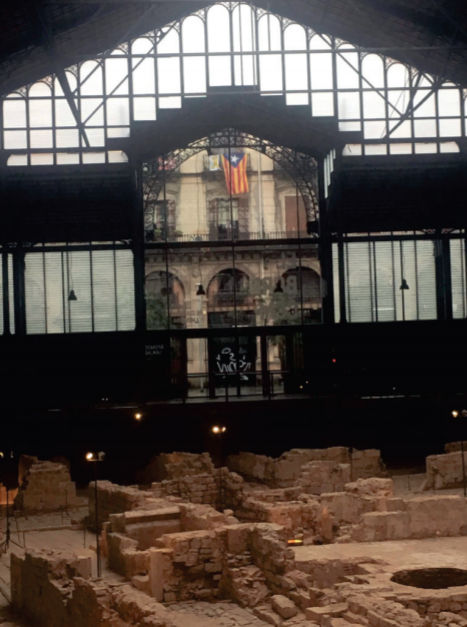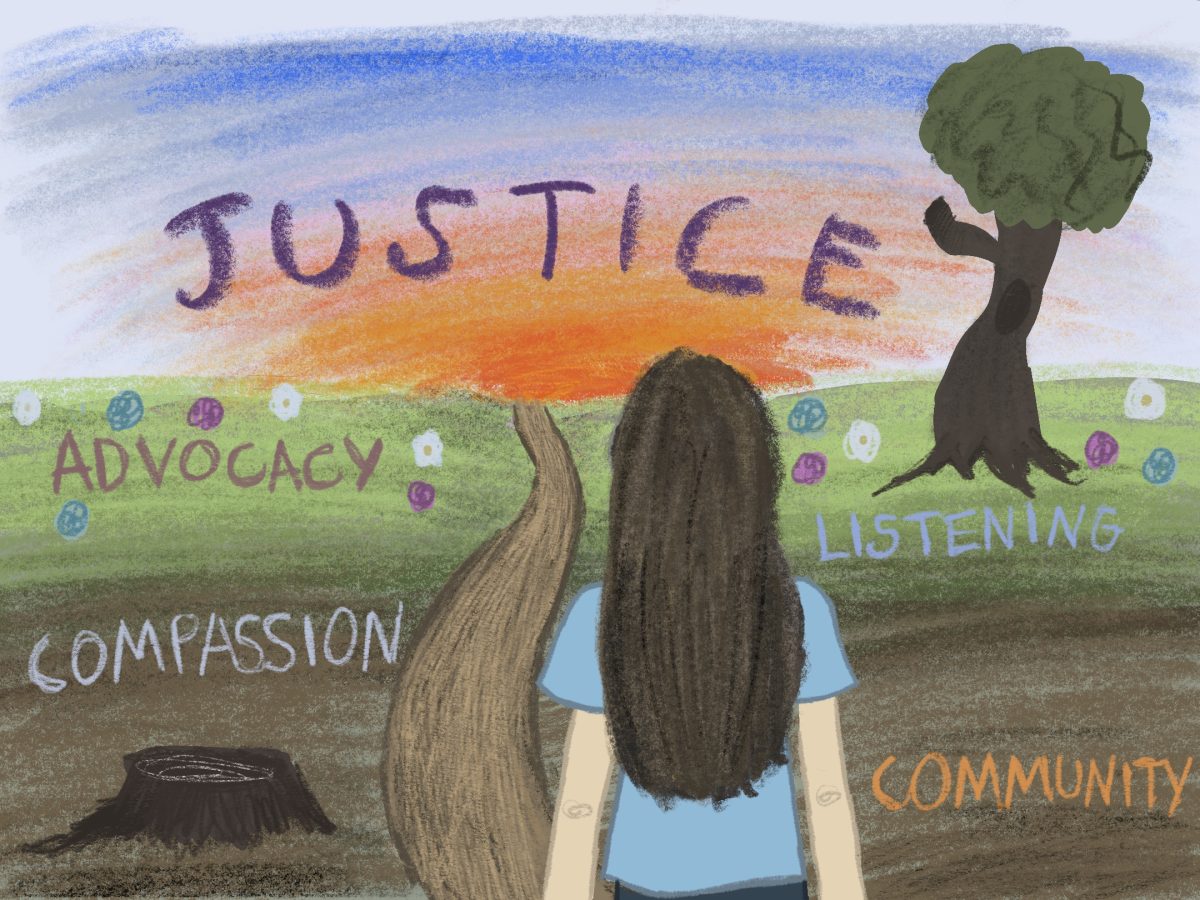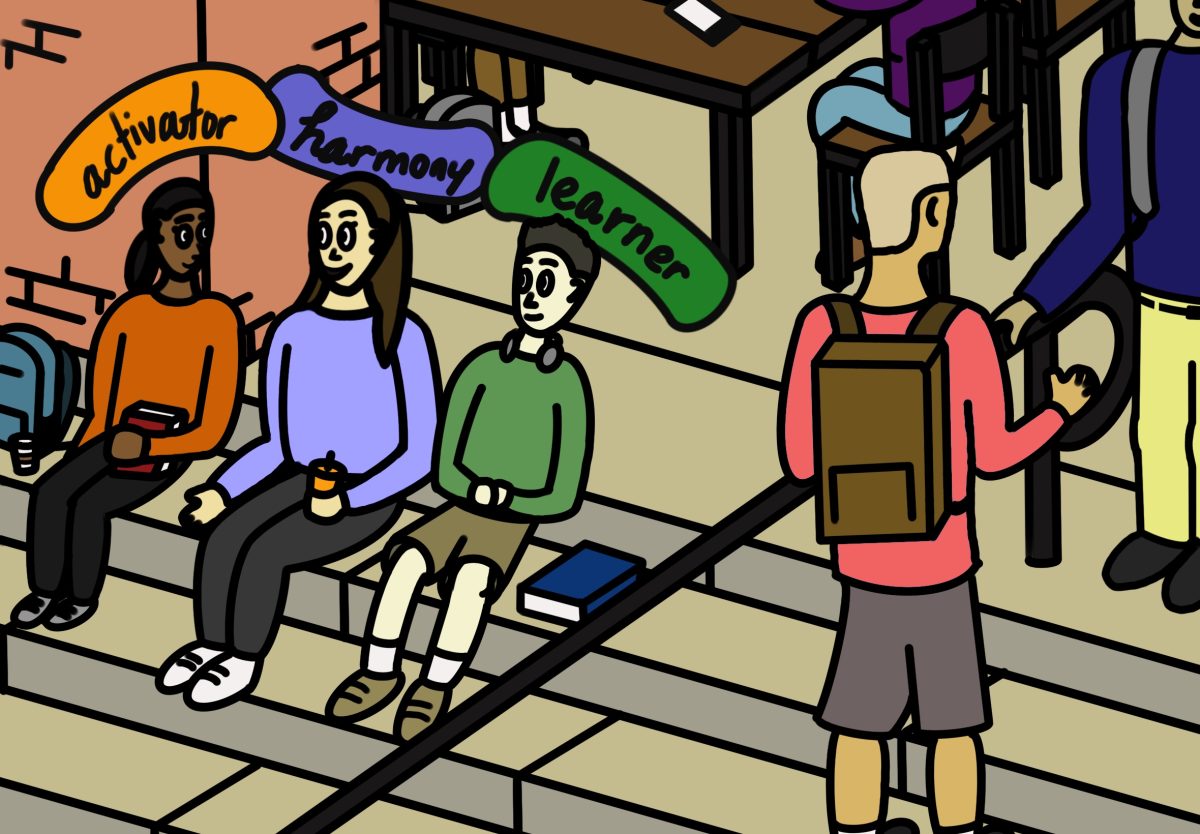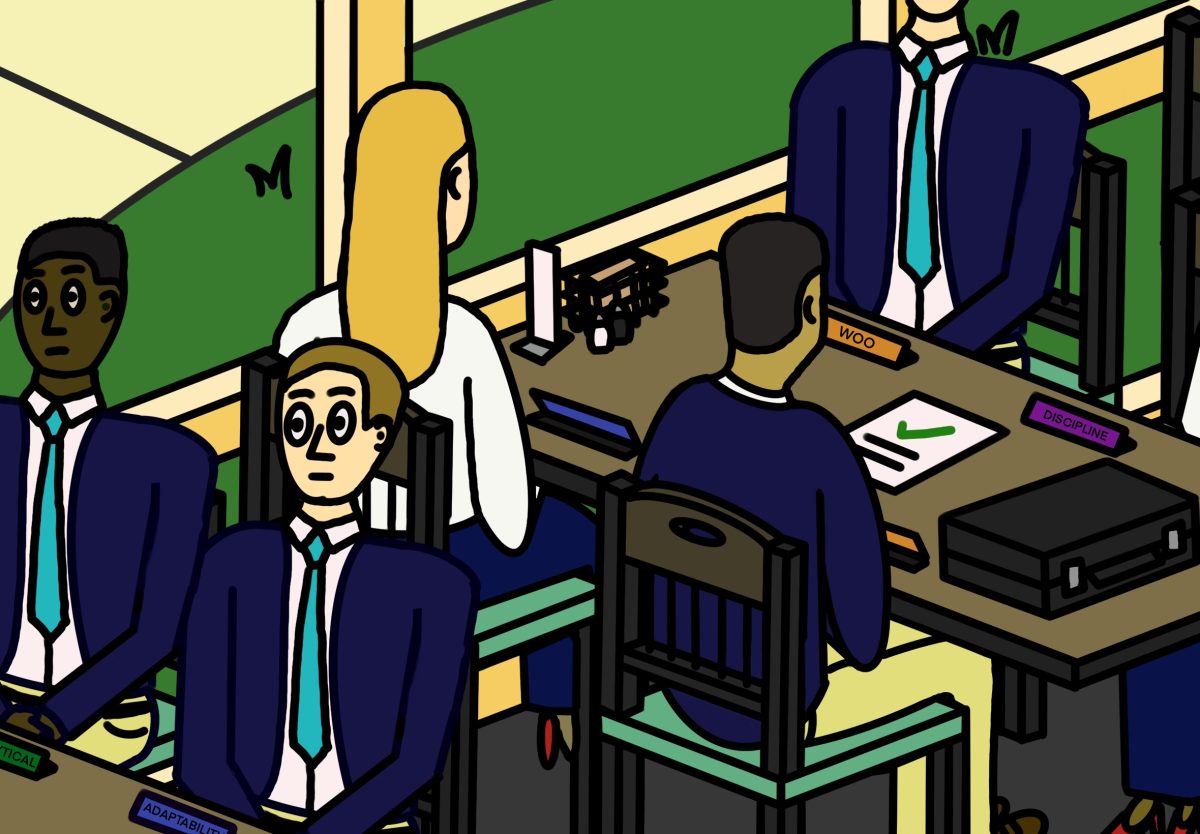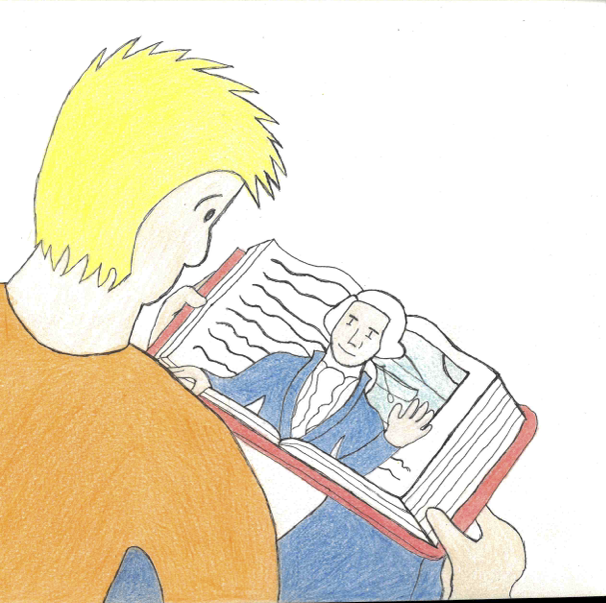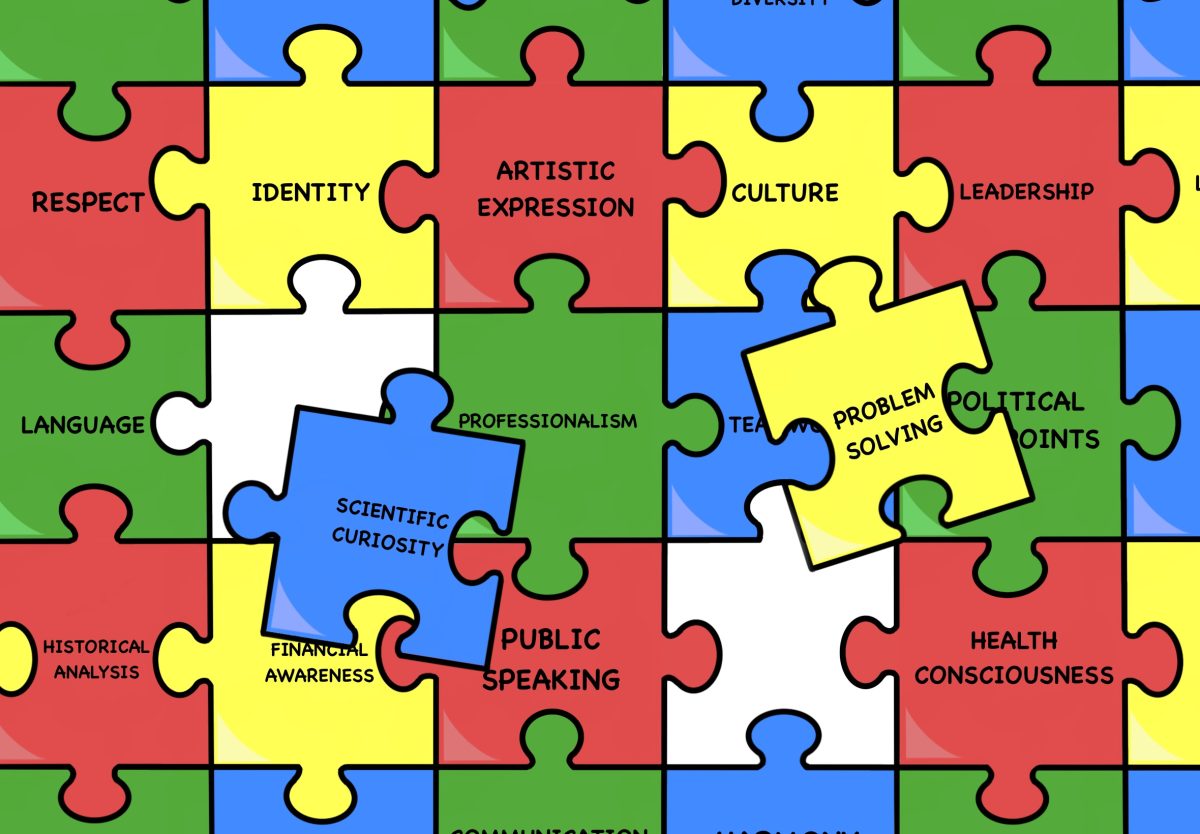By: Evan Myers, Staff Writer
Reporting from Madrid, Spain
Oct.1, 2017: millions of Catalans took to the streets to vote in a regional referendum for independence from the Spanish government despite police voter suppression.
Nov. 6, 2018: millions of Americans voted in midterm elections to choose their representatives in Congress and determine which party will have a majority for the next two critical years in Washington.
Although many columns and conversations have concluded that compromise is key to progress, the reality is that we face two nations, one Democrat and one Republican. Each has a distinct vision for the United States based on different values and divergent goals. The current state of affairs, however, has not been created by one party or by one president; American politics has always been a pendulum, swinging from left to right. Unfortunately, the rhetoric of recent years and a disturbing conflation of identity and ideology has put the United States on a path towards political polarization — a broken pendulum.
Catalans are all too familiar with a two-nation political system. In recent years, Catalan news, politics, elections and even daily life have revolved around one issue: independence from Spain. Friday, Oct. 26, I had the honor to visit the Catalan parliament and sit down with Dr. Susana Beltrán García, a deputy for the Ciudadanos (Citizens) Party in the Catalan Parliament. Thanks to Dr. García´s hospitality and honesty, I gained a new perspective of Catalan politics and society, witnessing firsthand the consequences of Cataluña´s deep divisions. If the U.S. is to avoid Cataluña´s partisan fallout, it is important to learn from their mistakes, to denounce propaganda and polarization, and remember that we created our current political environment together.
Admittedly, the characters of political polarization in Cataluña and the U.S. is drastically different. American politics, for example, still includes issues of healthcare, education, environmental and foreign policy, whereas Catalan politics has increasingly focused on separatism. Cataluña’s October referendum sums it up: ¨Do you want Cataluña to be an independent state in the form of a republic… Yes or No?¨ As a member of Ciudadanos, an anti-separatist — or as Dr. García might say, pro-constitutionalist — political party founded in Cataluña in 2006, it is safe to say that Dr. García’s response is a resounding no. On the surface, it is that simple, Dr. Garcia and her party, which is currently the main opposition party to a majority separatist coalition in the Catalan parliament, believe that Cataluña should remain an “autonomous community of Spain with a very high level of self-governance.” The Catalan separatists, she claims, are the root of the problem. Single issue politics are not sufficient for Cataluña. Many Catalans, Dr. Garcia laments, need their government to fulfill their everyday needs (healthcare, employment, infrastructure, etc.) instead of constantly discussing separatism. Though Dr. Garcia may blame separatists, it is clear that political polarization is the real culprit. Whether it be through political violence as witnessed in the wake of the most recent Catalan referendum or through the government’s lack of focus on basic needs because of its own division, political polarization hurts Catalan citizens regardless of their position. We see this kind of damage in the U.S. as well. As Democrats and Republicans become more alienated, political violence (Antifa, Charlottesville, etc.) increases, and congressional gridlock sets in.
The question of Catalan independence goes beyond typical political issues. Separatism seeps through Dr. Garcia’s parliament office and into every aspect of society, even into the ruins of Barcelona’s 18th century streets. After my conversation with Dr. Garcia, I visited the Born Cultural Center, which houses archaeological ruins from 1714 when the Bourbon monarchy — which still reigns in Spain — laid siege to Barcelona. Thus, many consider the Born ground-zero for Catalan separatism. Quim Torra, the pro-separatist president of la Generalitat, Cataluña´s governing body, was once the director of the Born. In Raphael Minder´s The Struggle for Catalonia, Quim Torra is quoted saying, “The value of the Born is that stones don’t lie — the truth cannot be manipulated.” The Born´s exhibitions present “a narrative that a minority doesn´t like, but one that is line with that of the great Catalan historians.”
Dr. Garcia forms part of that ¨minority¨ who does not like the message that the Born sends to its visitors. When I asked her if there were any legitimate historical reason or precedent for Catalan independence, she responded, ¨The starting point is the Spanish Constitution of 1978. Around 90 percent of Catalans voted in favor of it; it is our most important precedent.¨ These two contrasting understandings of Catalan history demonstrate how the political question of Catalan separatism has crept into all aspects of Catalan life, even into individuals’ conceptions of their own historical and cultural identity.
This disturbing fusion of ideology and identity is also becoming more apparent in the United States. For some, you are less American if you kneel during the national anthem. For others, you are unintelligent or close-minded if you do not support Black Lives Matter. At the end of the day, in Cataluña or the United States, the conflation of ideology and identity is almost always coupled by a lack of respect for the opposition. If we are to learn anything from Cataluña, it is that we must be able to have different opinions, even about the most sensitive of issues, and maintain a degree of empathy for the other side. That is how we combat political polarization and avoid becoming a nation being torn apart at the seams — as Cataluña is today.
Most post-midterm articles will likely focus on who won, who lost and what the implications are in Washington. Though important, a more pressing matter is the way we conduct politics in the United States. Even if they offer distinct visions for the United States, our political parties ought to represent our opinions on policy, not our identities. I am grateful to Dr. Garcia for her honesty and willingness to discuss Cataluna’s political climate, and I commend her for attempting to represent Catalans’ best interests whether they support her or not. But if we are to avoid violence like Cataluña saw in Oct. 2017, we need to call for empathy, understanding and a willingness to listen to one another a lot louder than we call for bi-partisanship in Washington. Populism is a problem that has its root in us — the populous — but so does the solution.


























